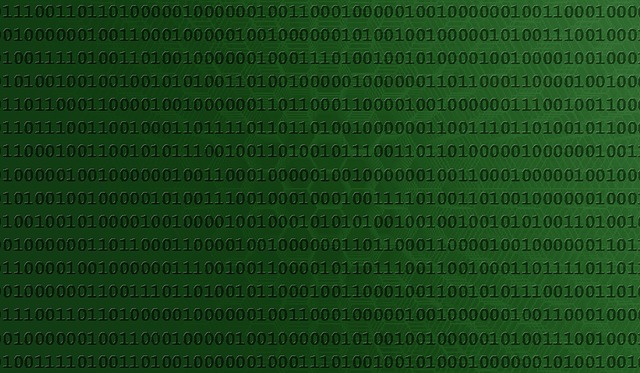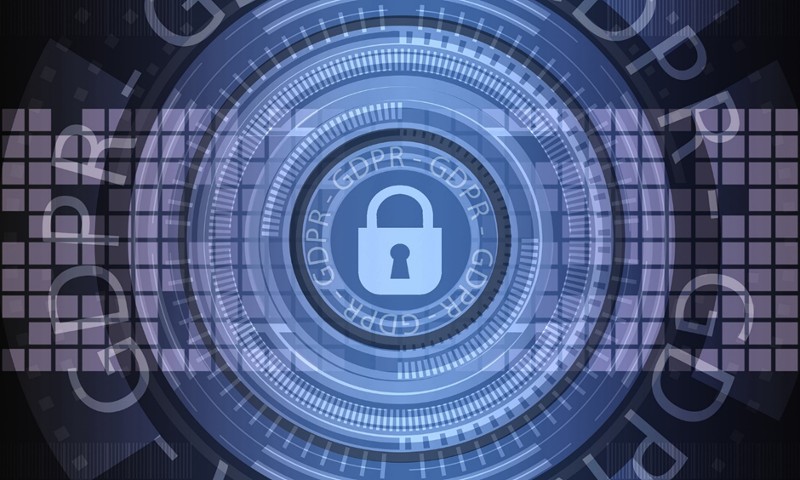What Happens To Your Stolen Data?
Data is simply information in a raw format that can be used to create usable information. It can be in the form of facts, numbers, symbols or text that can be easily processed by a computer. These days organisations gather information like gender, age and health to determine how to best cater for their customers. It’s a form of translated information, which then becomes easy to transfer. This is a growing trend, which allows data to be placed on databases.

Here are some examples of data:
- Meta data.
- Celebrity pictures.
- Government files.
- Statistics.
- Registers, credit card accounts, costing, payroll, sales.
- Personal bank details.
- Passwords linked to accounts.
- Personal information, your identification, also known as your ID.
- Weather forecasts.
Why would your data get lost in the first place?
The way we live our lives plays a major role with how we protect and store our data. Have you heard the saying? “Back up your data in as many places as possible.” This is why data gets lost:
- Faulty hard drives. These days, there is a need for more data to be stored on a hard drive so if it breaks down, data will be lost.
- Not having an ideal backup strategy can be a recipe for disaster. If you accidentally delete a file, a good backup system will allow you to retrieve lost data. So it’s a great idea to back up daily.
- Protect your data from Malware and viruses. Hackers are eager to steal crucial information from individuals and businesses, especially if it is of monetary value.
- Power failure. Poor voltage in your home or office can damage your computer, and cause data loss.
- Spillage can damage your laptop causing damage to the memory.
- Infiltration of Cloud accounts, like Dropbox. The Cloud isn’t always safe because hackers can easily intrude your account.
- Unsecured networks, websites, and server issues.

So what happens to stolen data?
Once hackers and fraudsters have got hold of your data, it is then sold to Cyber criminal’s black market websites. These are illegal trading sites where apparently large amounts of data can be bought and sold at a profit.
These hackers are so clever that they are finding more sophisticated methods of stealing data. They are able to access LinkedIn accounts then re-use them to hack into those harder to crack passwords.
Medical records have been known to attract hackers. Once these cyber criminals gain access to medical records, like names, date of birth and policy numbers, they can easily create a fake profile then bogus ID’s and later gain access to the health service. Enabling them to receive free health care and possibly free prescriptions.
They can also buy expensive medical equipment and then resell them. Also, the criminals are able to claim fake medical insurance.
Hackers involved in ID scams are able to create a fake ID to obtain immigration status and open bank accounts. So shred envelopes, bags and boxes that display your name and address printed on them.
Believe it or not, the black market is so lucrative these days as it transforms stolen data into large amounts of money. The growing number of users online has made all this possible as we spend so much time online.
Former employees sometimes inherit and hold on to confidential company data and have broken the company’s law by refusing to hand over company documents at the end of their contract. This means that they are clinging on to intellectual property.
In Conclusion:
Set up different passwords for each account but keep your device safe. Make sure that you back up data daily to avoid data loss but don’t rely totally on Cloud storage because it can attract hackers.
Choose your IT Services provider carefully and make sure they are encrypted and reputable.
When your device reaches the end of their life, get a reputable agent to swipe it or remove the hard drive. Don’t part from it until this task has been carried out because ultimately, it will be handed over to a third party who could be a potential hacker. But remember, that although losing data can be devastating, the measures mentioned above can help you overcome the loss.






